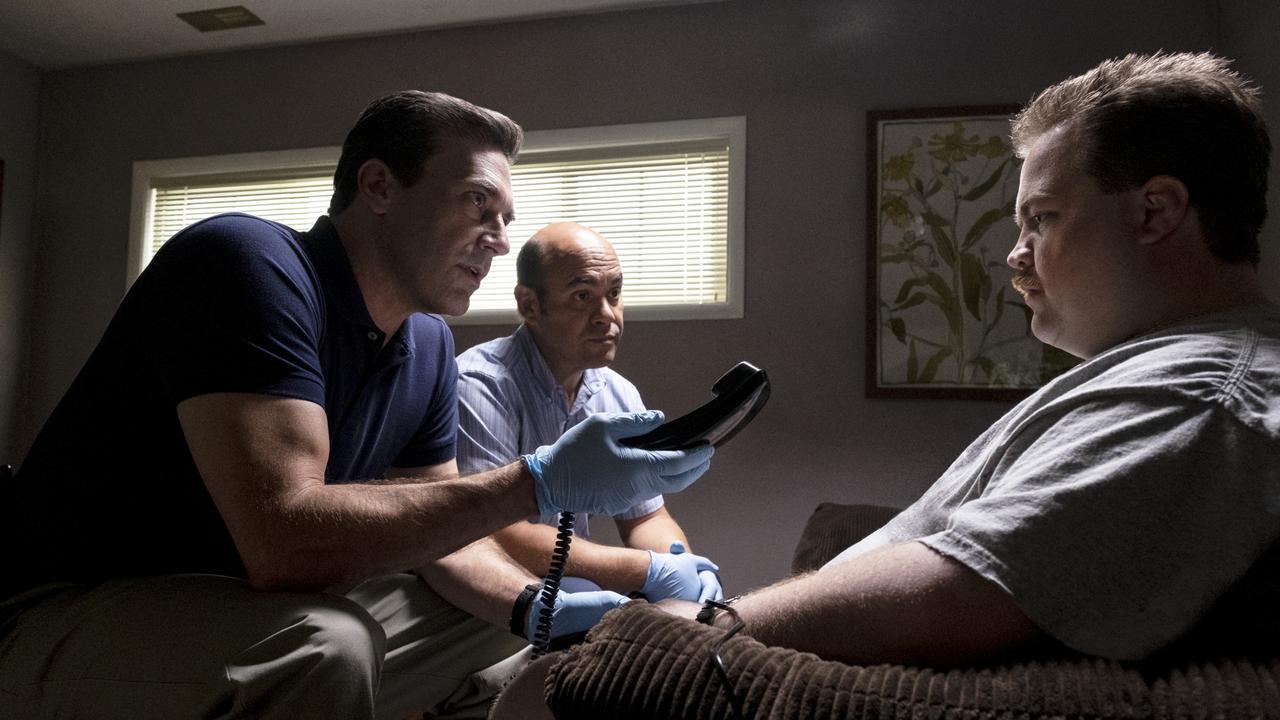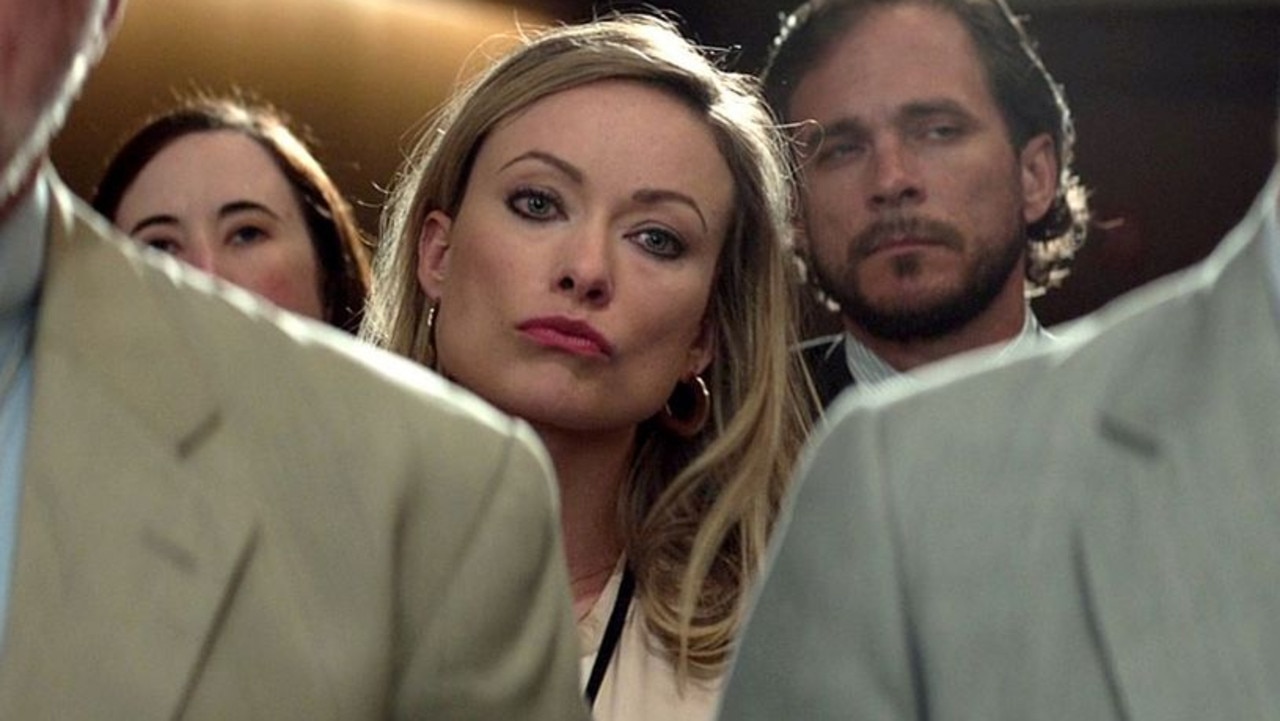Clint Eastwood’s Richard Jewell tarnished by egregious sin against real-life person
It could have been a great movie, but its own good work is undermined by a story choice that destroys the reputation of a dead person.
What happened to Richard Jewell is an extraordinary story.
Jewell was a security guard tasked to oversee some stereo equipment at the Centennial Olympic Park during the 1996 Atlanta games. He spotted an unattended backpack under a bench, so called over police who discovered it was a bomb.
Despite attempts to clear out the crowded area, moments later, the bomb went off, killed one woman, Alice Hawthorne, and injured more than 100 others as nails and shrapnel pierced through the throng of people gathered for an outdoor concert.
In the immediate aftermath, Jewell was hailed a hero for his vigilance and quick thinking. Within days, he was the FBI’s prime suspect.
It emerged that the characteristics which led Jewell to uncover the bomb – his dogged attention to enforcing the rules – were the same reasons he had been moved on from previous gigs in law enforcement and security. People found him too intense and inflexible.
It was one of his former employers who sounded the alarm on Jewell, contacting the FBI after seeing him on TV.

Immediately, Jewell was pegged by FBI agents as fitting the profile of a man who would commit the crime so he could save the day and bask in the glory.
He was hounded by FBI agents and the media, who camped out the front of his mother’s apartment where he lived, intruding on every aspect of his life.
Famed libertarian and grumpy old man Clint Eastwood couldn’t resist all the elements of the Richard Jewell story – a wrongly accused man, federal overreach and an unscrupulous media. It’s Eastwood catnip.
Still a prolific director at the age of 89, with more than 30 credits behind the camera, Eastwood’s oeuvre leans heavily into the adult drama genre, and while some of them reinforce a traditional view of American cultural and military dominance, Richard Jewell is really more about what happens when the government victimises its citizens.

Richard Jewell is a solid film, anchored by a subtle and nuanced performance from Paul Walter Hauser as the title character. Hauser is best known for two memorable supporting performances in I, Tonya and BlacKkKlansman, both characters a variation of an idiot, so it’s great to see him stretch his acting chops here.
Hauser’s Jewell is an unfailingly polite and serious person, one whose toadying to authority figures is frustrating but understandable. Kathy Bates’ Oscar-nominated performance as his mother works well as does Sam Rockwell’s anti-establishment lawyer. Jon Hamm plays one of the FBI agents who go after Jewell and he’s written as pretty one-note.
And if that was the sum of Eastwood’s movie, which also included a suspenseful sequence in the lead-up to the bomb, composed with the action finesse of In The Line Of Fire, then Richard Jewell would have been a great movie, especially one that appealed to an older crowd.
Where it falters – and badly – is in its portrayal of real-life reporter Kathy Scruggs, played by Olivia Wilde.
Scruggs was the reporter at the Atlanta-Journal Constitution who broke the story that the FBI was looking into Jewell as a suspect. The story, as it stood at the time, was accurate, which was vindicated in a defamation suit years later.

But Eastwood and screenwriter Billy Ray uses Scruggs as a character to represent the entire media establishment and take their frustrations out on her. There’s one scene in which Rockwell’s Watson yells abuse at her in her newsroom, using language journalists on social media are all too familiar with.
But that’s hardly Richard Jewell’s cardinal sin.
Its most egregious problem is that it presented Scruggs as a female reporter who slept with a source in a quid pro quo for information. It’s bad enough when fictional female reporters are lumped with the ugly stereotype but at least something like House Of Cards is a heightened, unrealistic drama.
It’s so much worse when it’s a based on a real person and uses her name. Scruggs died in 2001 and isn’t even around to defend herself. At least her friends and former colleagues are and they have declared unequivocally that this didn’t happen, and that Scruggs never would have.
The filmmakers have said the scene is a small moment in a two-hour-plus movie, but it leaves a bitter taste and mars the whole package, undermining its own good work elsewhere.
Kathy Scruggs and Richard Jewell both deserved better than that.
Rating: 3/5
Richard Jewell is in cinemas from Thursday, February 13
Share your movies and TV obsessions | @wenleima




